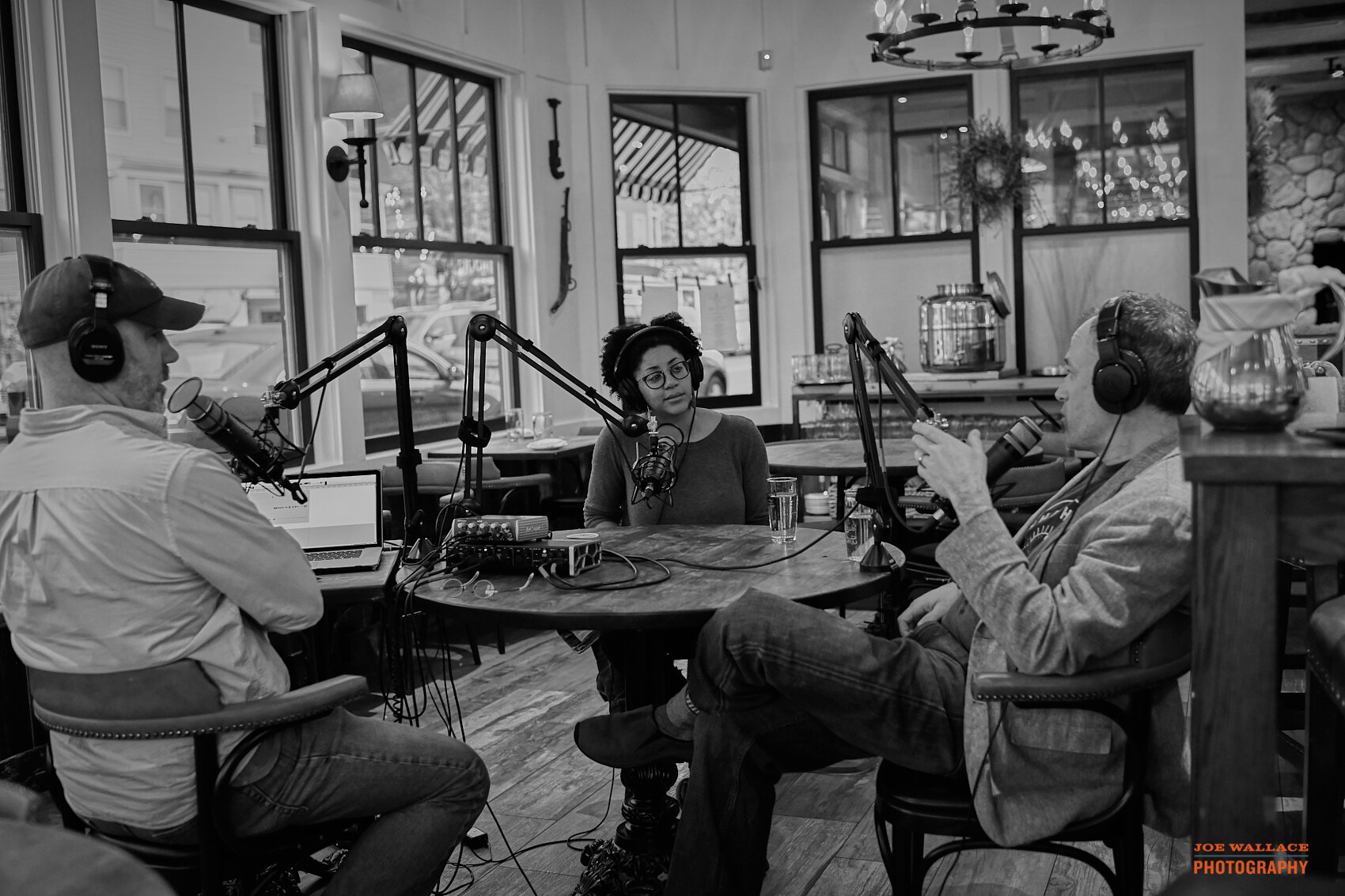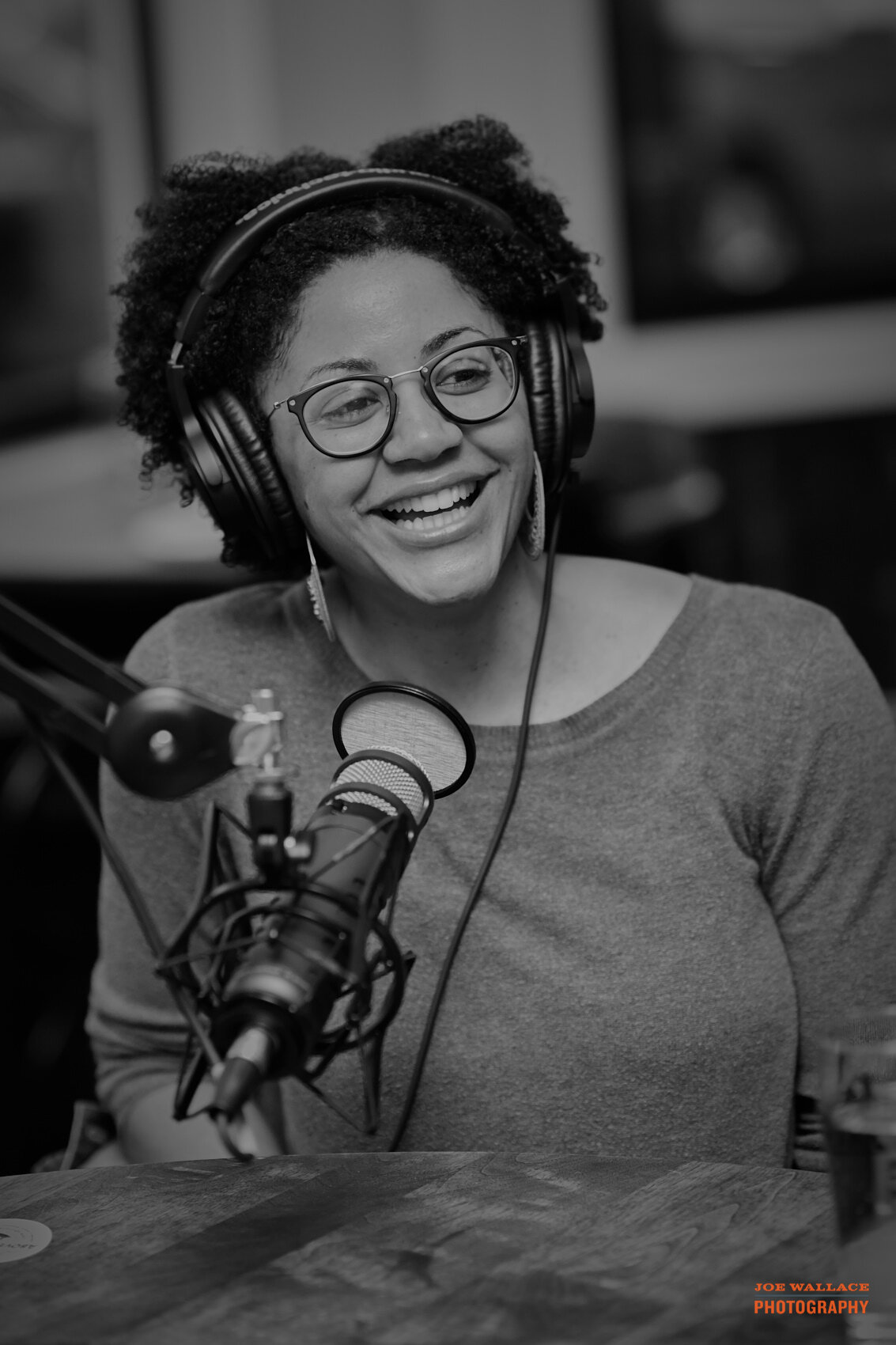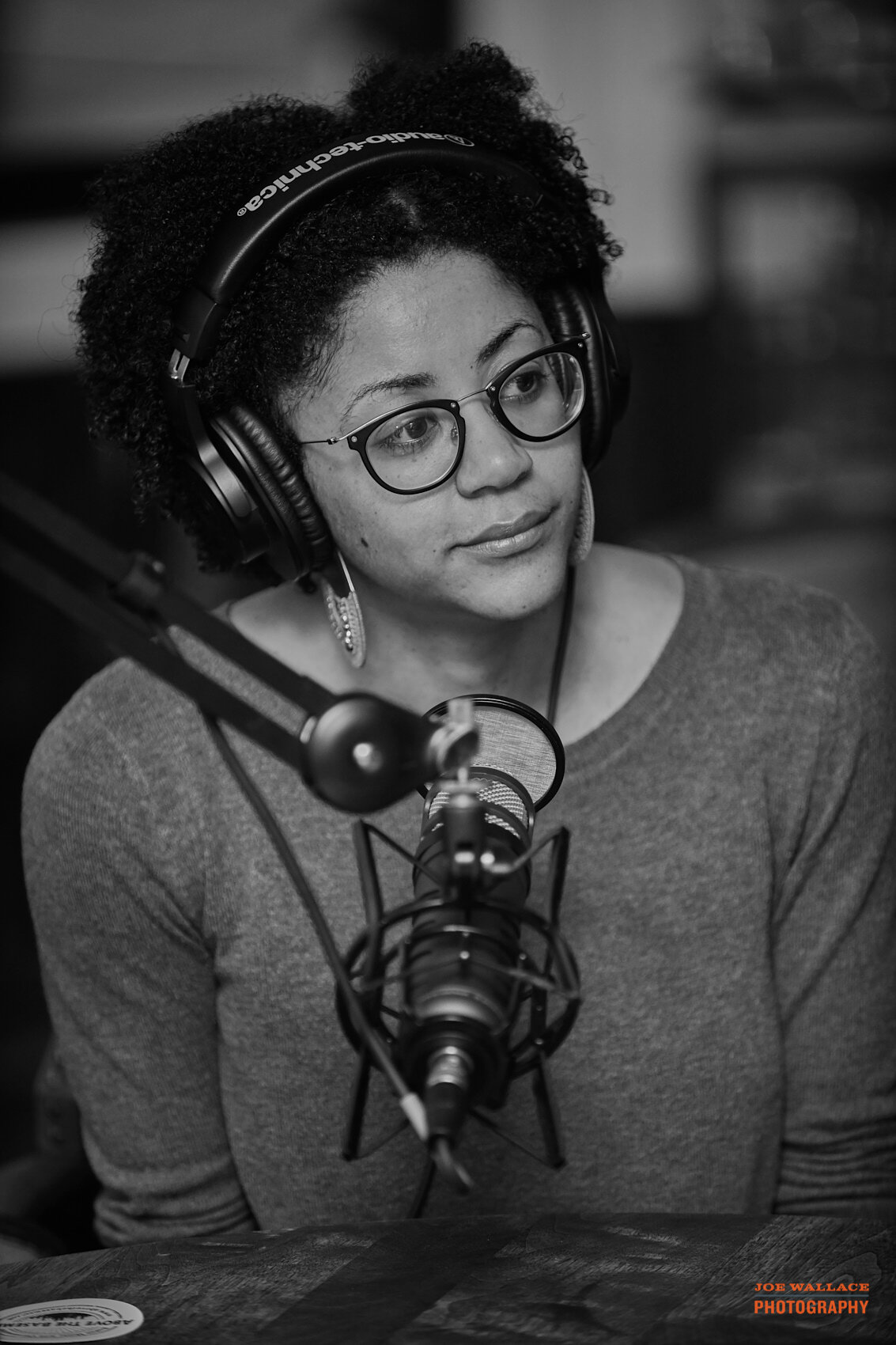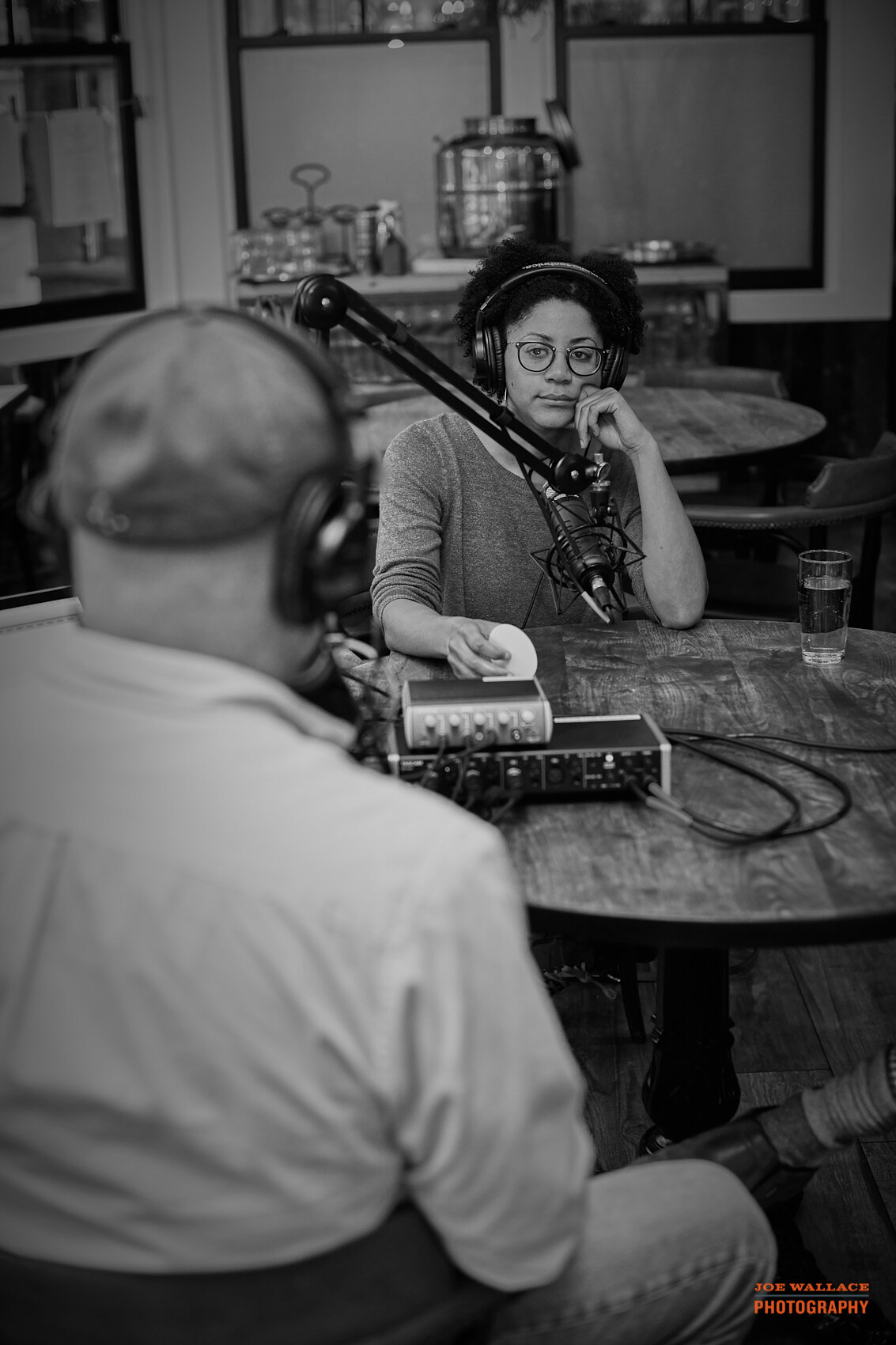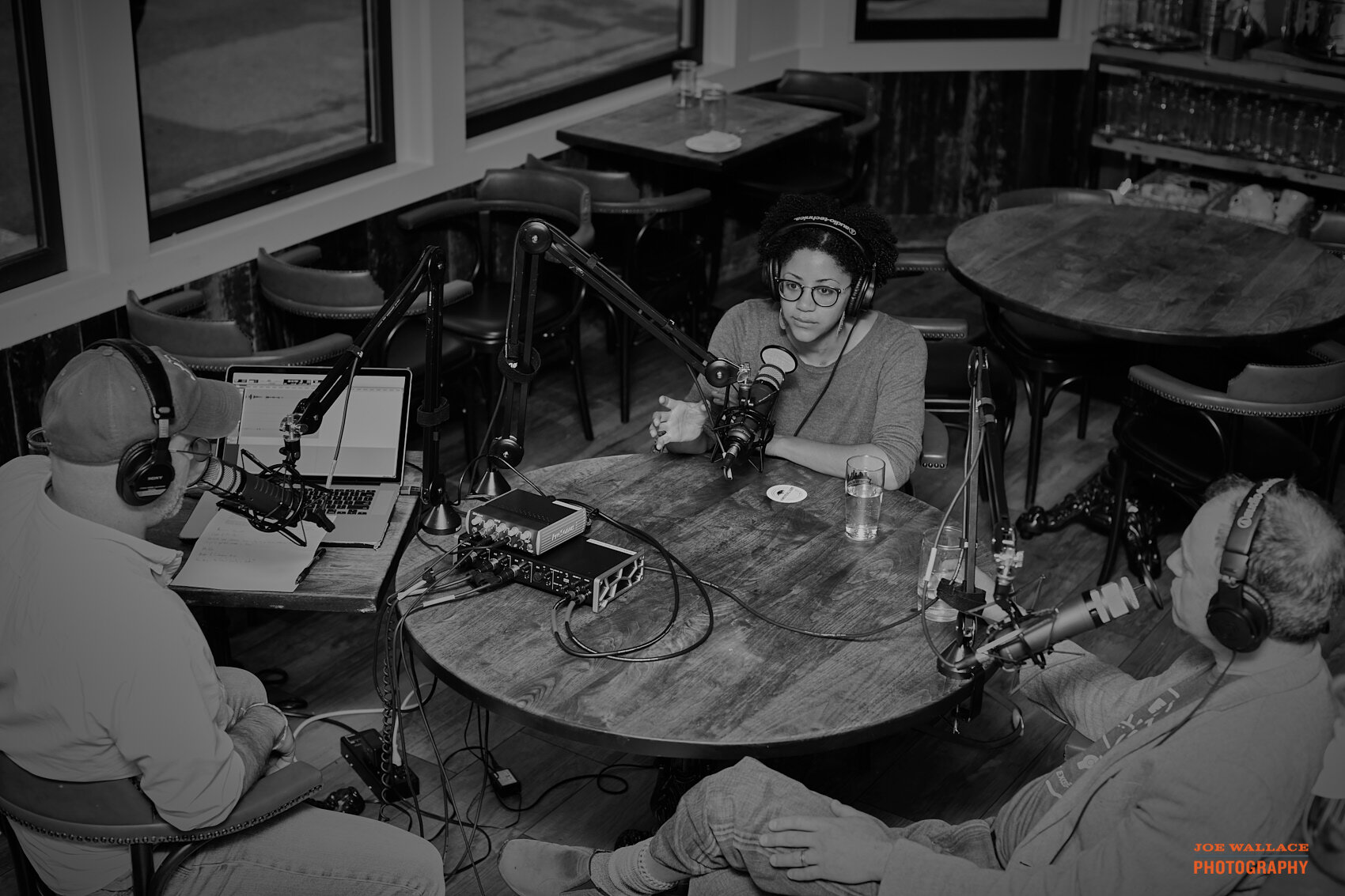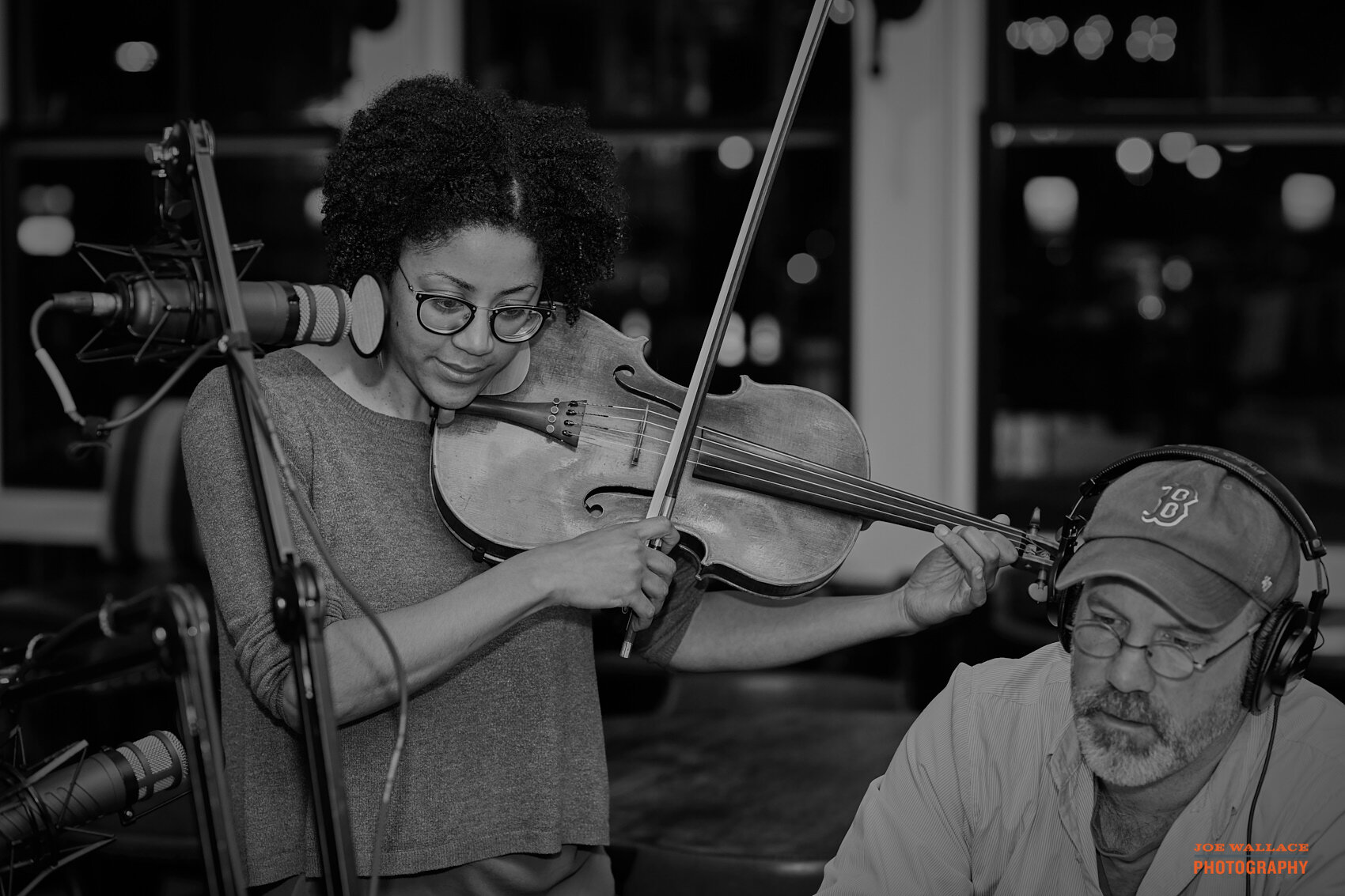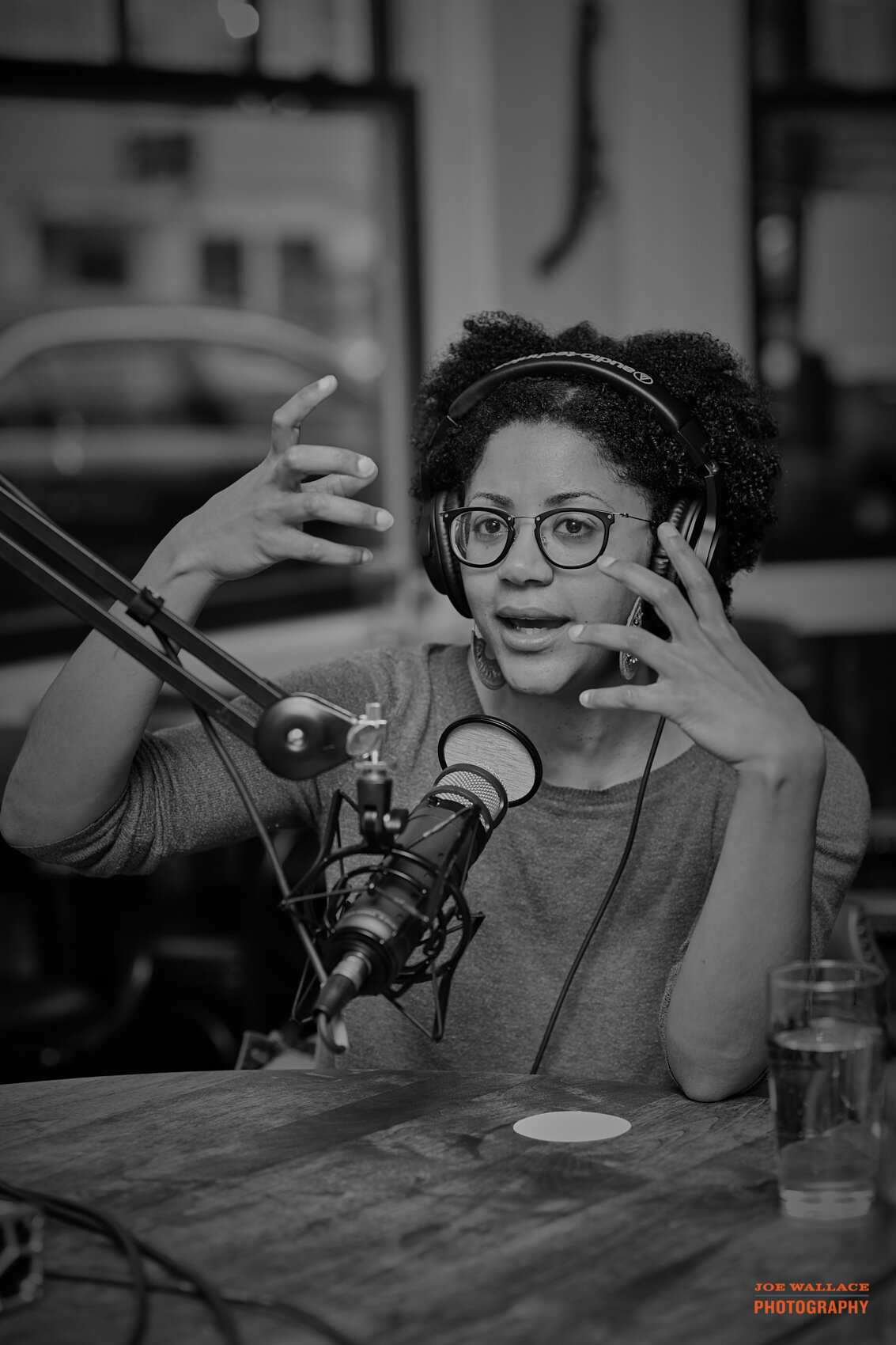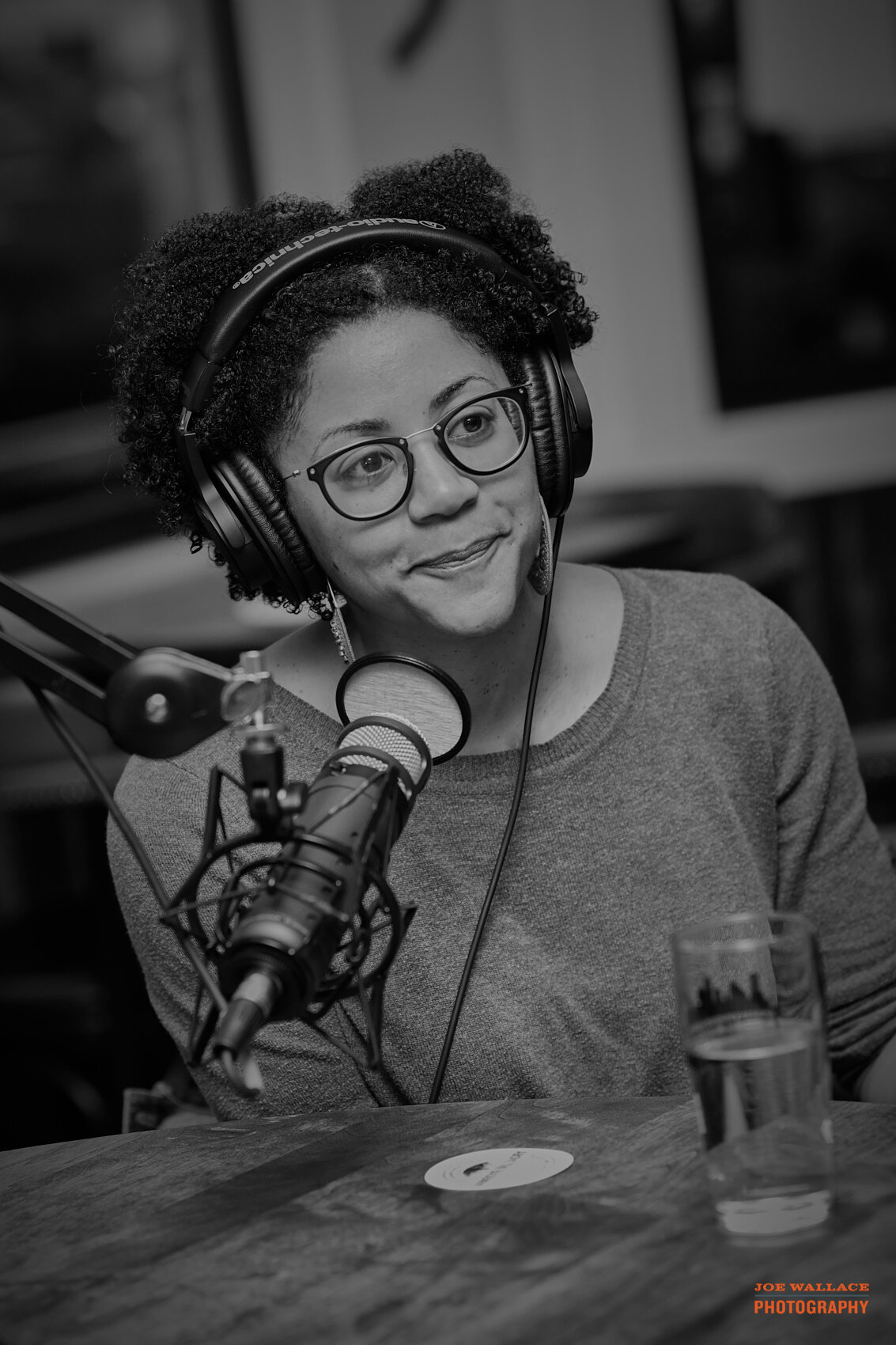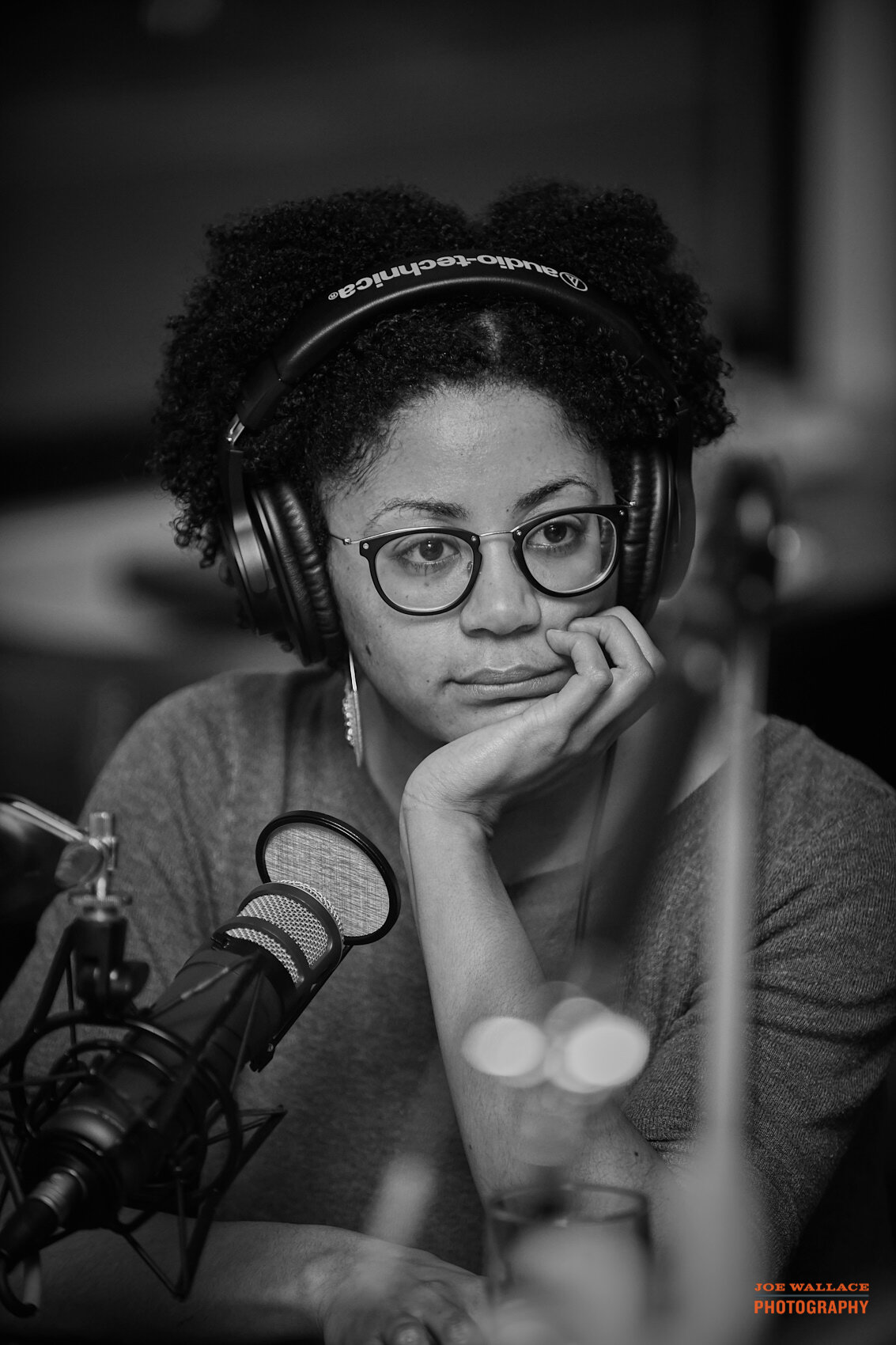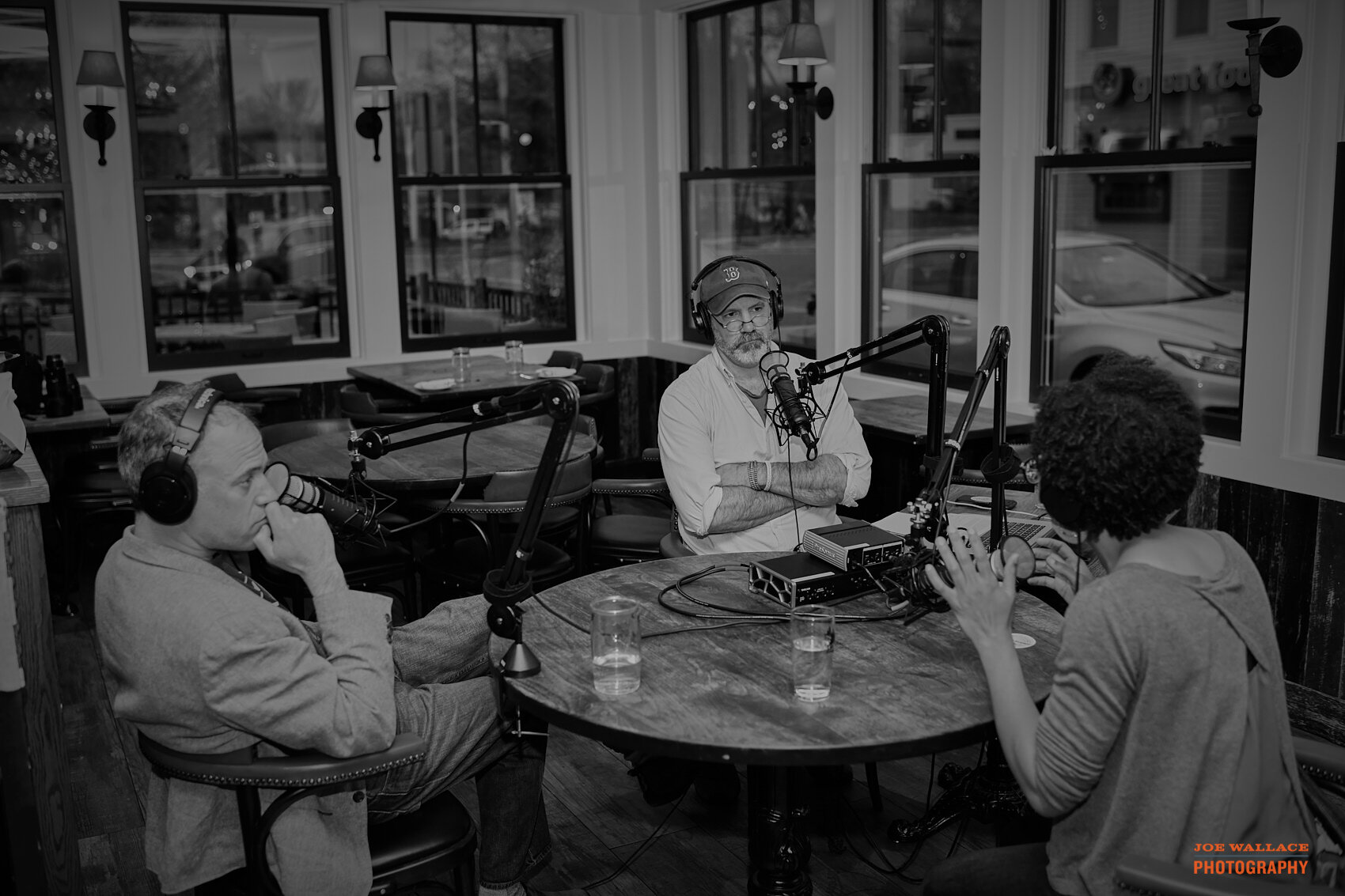Episode 096 - Ashe Gordon
A conversation with Ashe Gordon
Want to listen to more episodes? Go to our episodes page!
recorded May 06, 2018
published May 31, 2018
Violist and holistic educator, Ashe has played all over the world with a number orchestras and ensembles, and has collaborated with many living composers including Thomas Adès, Steve Reich, and Jeffrey Mumford to name just a few.
She has become a voice for social change through her work as Artistic Director of Castle of our Skins – a Boston-based concert and educational series devoted to celebrating Black Artistry through music and is currently working with the Cross Cultural Collective a Black arts collaborative that elevates, celebrates, and promotes African diasporic arts and their creators in Boston and beyond.
Photo credit: Joe Wallace Photography



